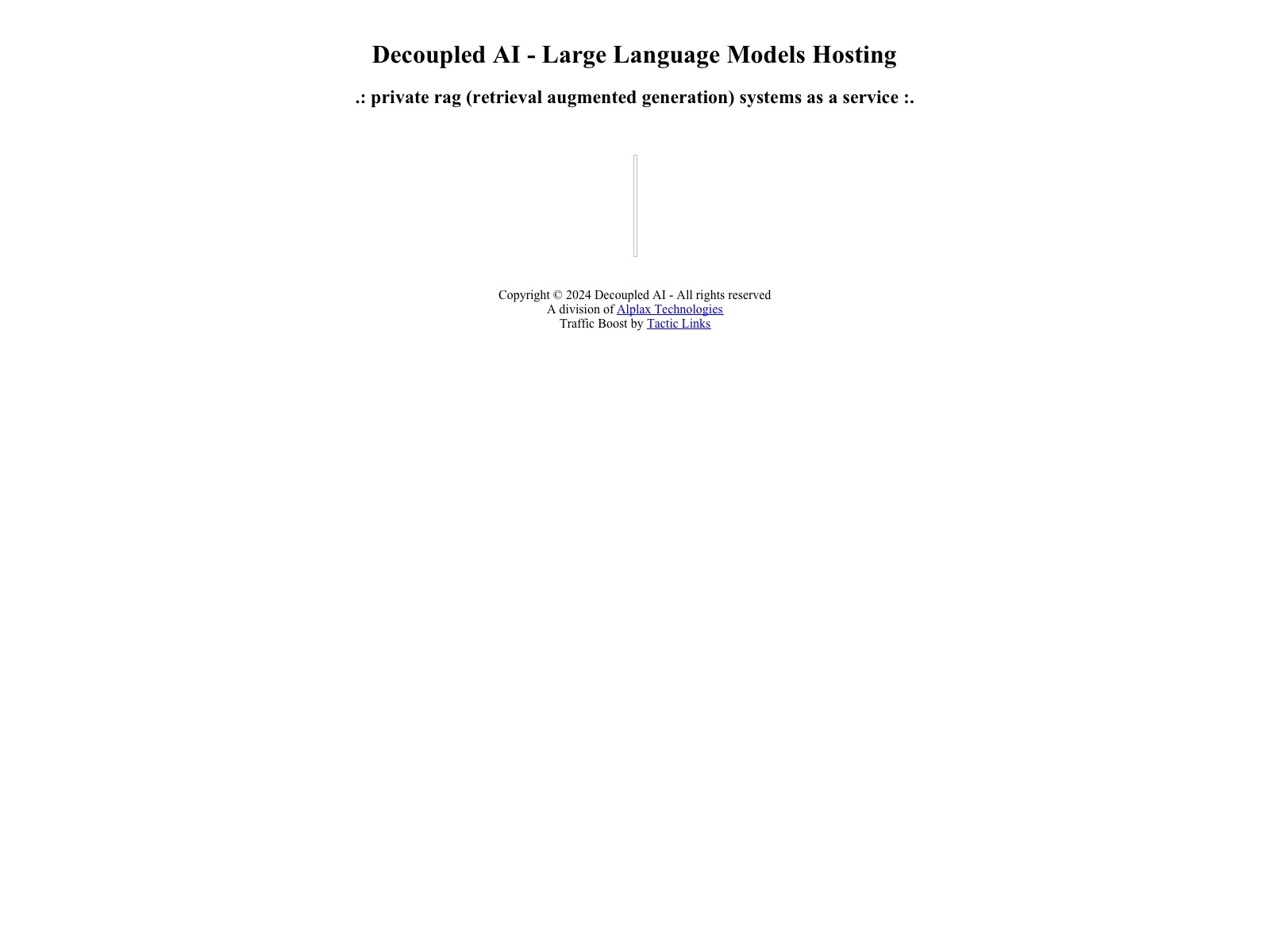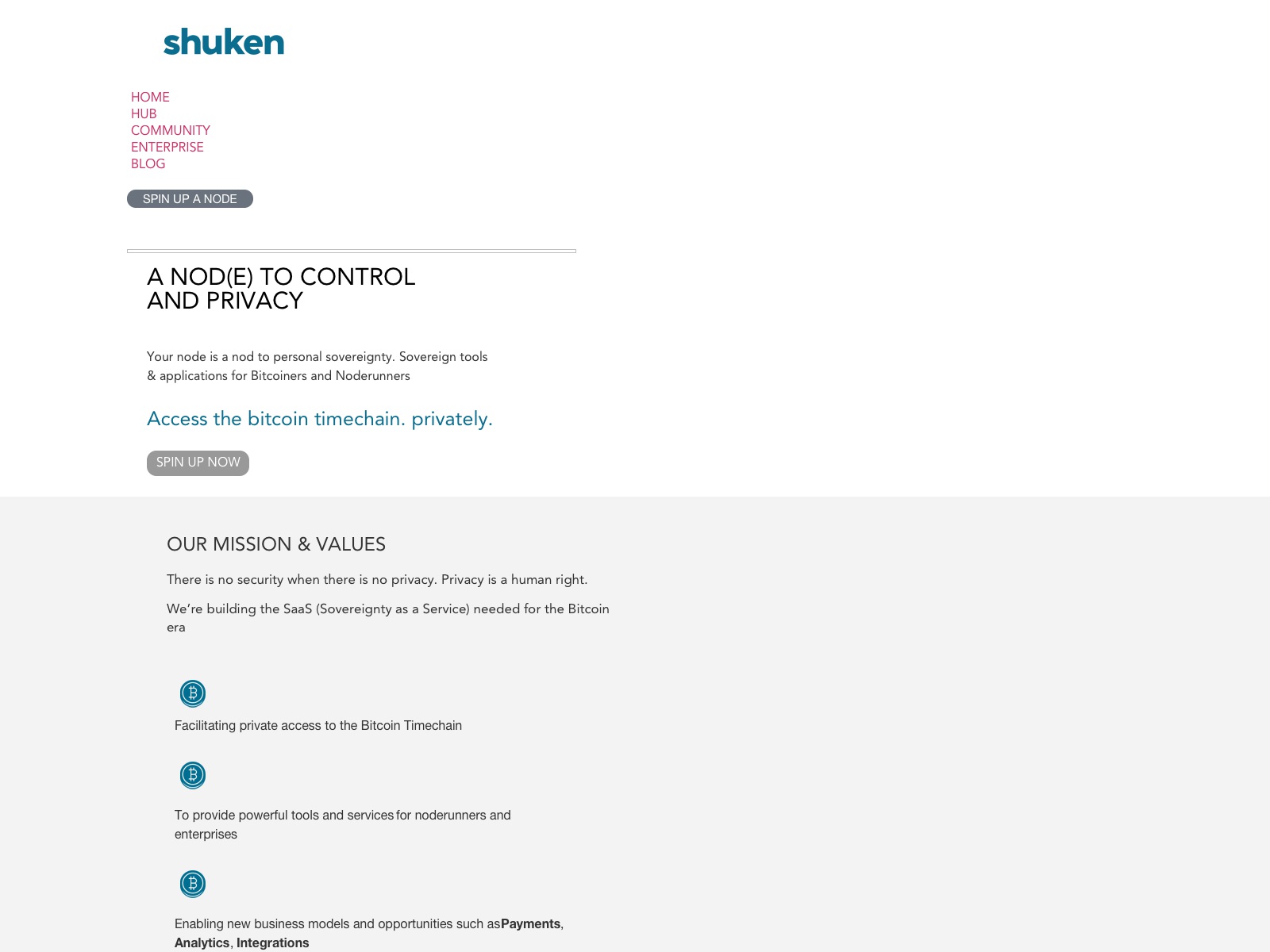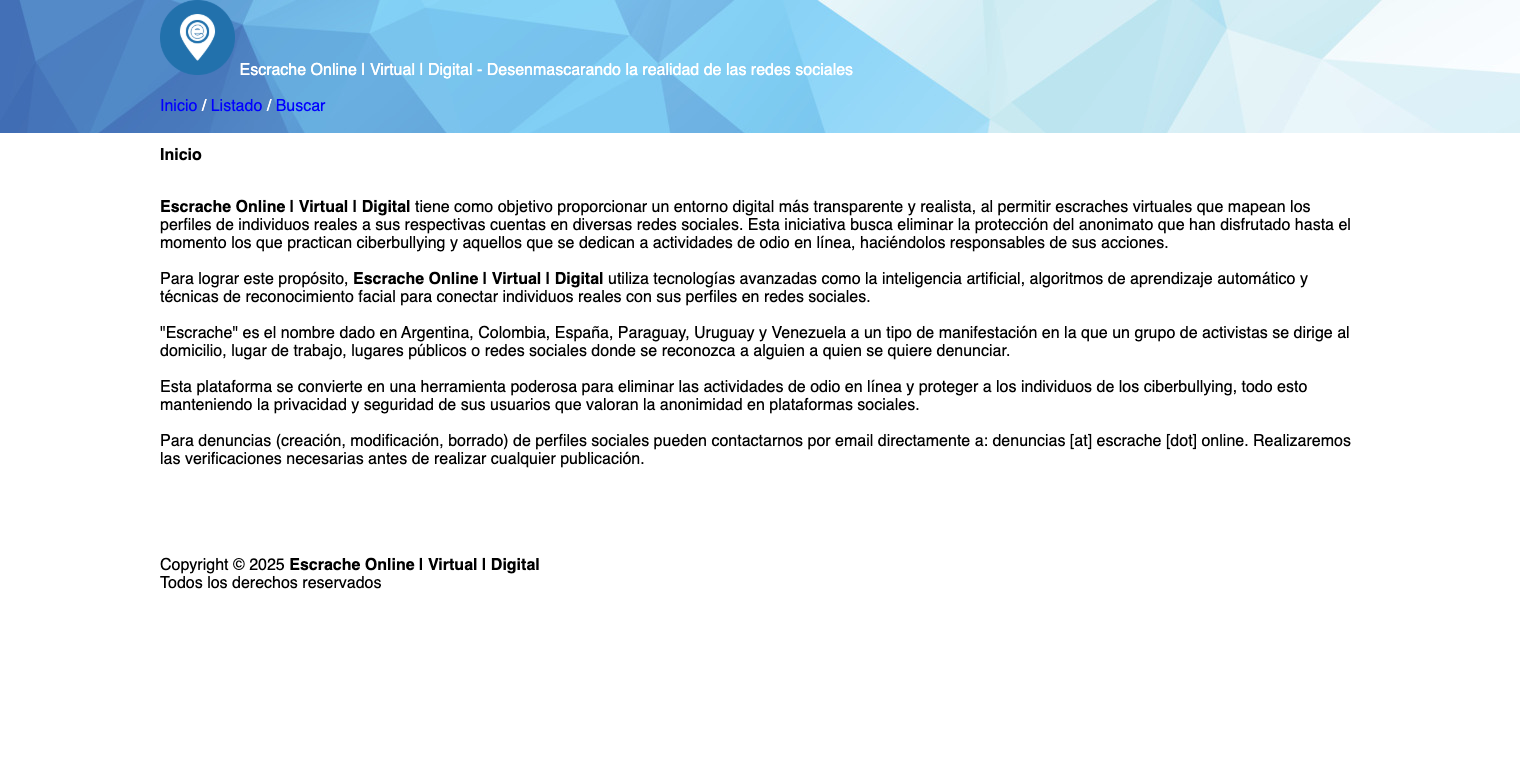Tactic Links - Organic Traffic Booster - Home
|
Path: Home > List > Load (learn-c.org) |
Home | About | List | Rankings | Search | Submit |
| domain | learn-c.org |
| summary | This website offers a comprehensive C programming course for all skill levels, accessible through a membership purchased with the code LEARNXORG for a 25% discount. The course covers essential topics including pointers, structures, function arguments by reference, dynamic allocation, arrays and pointers, recursion, linked lists, binary trees, unions, pointer arithmetic, function pointers, and bitmasks. |
| title | Learn C - Free Interactive C Tutorial |
| description | learn-c.org is a free interactive C tutorial for people who want to learn C, fast. |
| keywords | arrays, pointers, tutorials, loops, function, welcome, start, code, world, more, python, java, html, typescript, shell, ruby, none |
| upstreams | 9esec.io, polygon-software.ch |
| downstreams | learnpython.org, learnjavaonline.org, learn-html.org, learn-golang.org, learn-cpp.org, learn-js.org, learn-ts.org, learn-php.org, learnshell.org, learncs.org, learn-perl.org, learnrubyonline.org, learnscala.org, learnsqlonline.org, github.com, digitalocean.com, sphere-engine.com |
| nslookup | A 172.66.0.96, A 162.159.140.98, A 192.241.245.44 |
| created | 2024-02-24 |
| updated | 2025-12-01 |
| summarized | 2026-01-31 |
|
HIGHSPOTS | |
 tacticlinks.com | |
 decoupled.ai | |
 shuken.io | |
 twinllamas.ai | |
 whimed.com | |
 greenpeace.org | |
 escrache.org |
Traffic Boost by Tactic Links
[took: 398 ms]